Optogenetics and stroke recovery - Stroke Association response
Recent research done on mice suggests that stimulating the part of the brain which controls movement may improve recovery after a stroke.
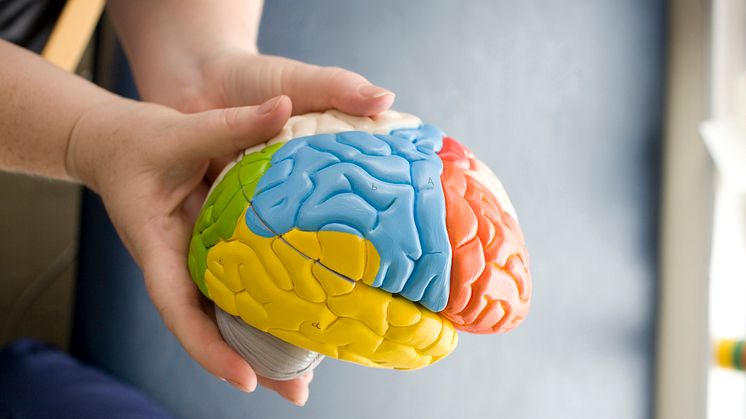
Recent research done on mice suggests that stimulating the part of the brain which controls movement may improve recovery after a stroke.

The latest Sentinel Stroke National Audit Programme (SSNAP) results are published today. Patrick Olszowski, Head of Campaigns and Policy at the Stroke Association comments on the finding that 20% of stroke patients are taken to general wards.
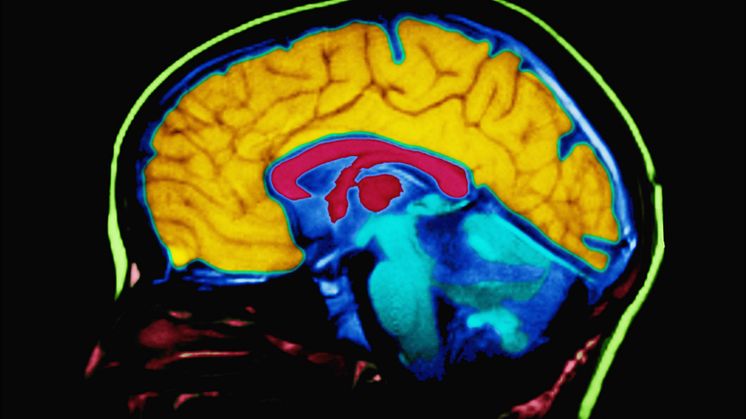
Thousands of lives a year could be changed thanks to a pilot research study by Imperial College London which involves injecting a patient's stem cells into their brain.
Doctors said the procedure could become routine in ten years after larger trials to examine its effectiveness in a wider group of patients.
Dr Madina Kara, Neuroscientist at The Stroke Association, said: “In the UK, someon
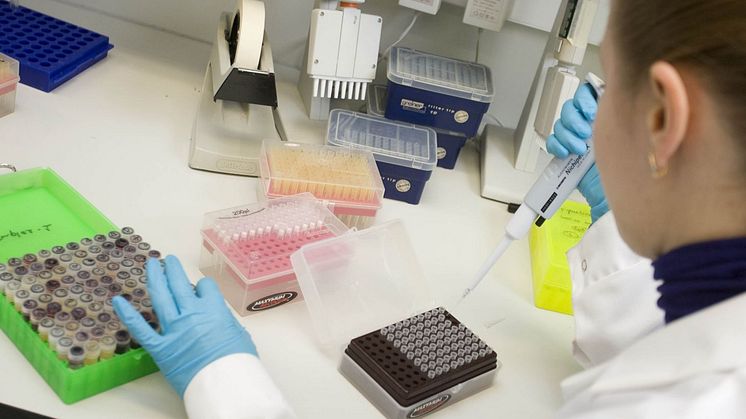
Researchers at University College London say that stroke care needs to be centralised in large specialist units in a radical shake-up of hospitals

Dr Dale Webb, Director of Research and Information at the Stroke Association, comments
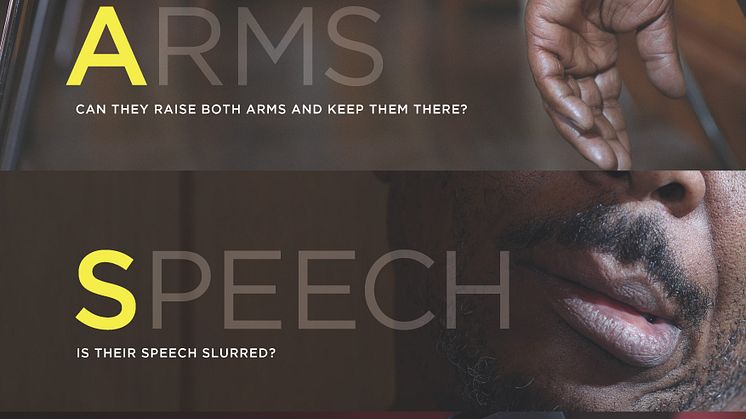
Andrea Cail, Director Scotland of the Stroke Association said: “Stroke is a major health problem in Scotland and it has now been a clinical priority for the Scottish Government and NHS Scotland for over 15 years. During that time there have been significant improvements in the quality of stroke care which have contributed to a reduction in the number of deaths from stroke. However, stroke is sti

Researchers at Kings College London have identified a gene that may put people at greater risk of strokes and heart attacks.
The study's findings suggest that the gene fault may encourage the formation of blood clots - the ultimate cause of most heart attacks and strokes.
Developing a genetic test could help identify people at highest risk, allowing doctors to suggest more potent medication

A new project is aiming to get robots to help stroke patients regain their movement
Statement from Sara Betsworth, Regional Head of Operations for the Stroke Association in the East of England
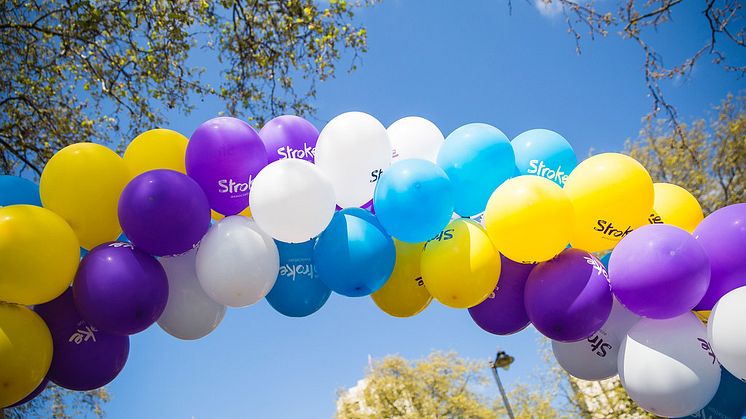
Dr Shamim Quadir, Research Communications Manager at the Stroke Association. comments
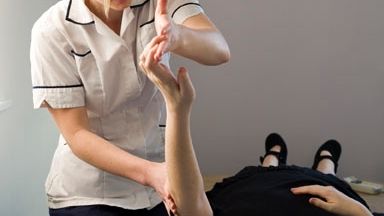
Dr Madina Kara, Neuroscientist at the Stroke Association, comments
